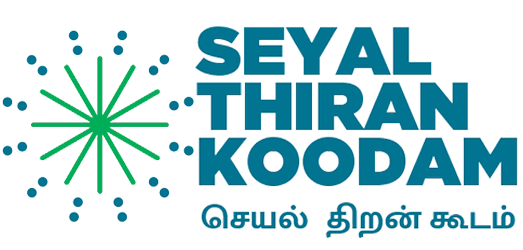If ‘hard skills’ are the core technical competencies that drive your career forward, then ‘soft skills’ are the social lubricants that minimise friction and collateral damage in the workplace.
Hard skills are the core competencies needed to fulfil the required role, from basics such as reading, writing, arithmetic and computer literacy to very specific job skills such as fixing a motor, applying a bandage or throwing a baseball.
Increasingly, employers recognise that soft skills, such as the ability to read social cues, interact well with team members and customers and a problem-solving orientation are as essential to success in a role as the requisite technical skills.
But soft skills will win you the job!
By contrast, soft skills are the instinctive personal attributes, personality traits, inherent social cues and acquired communication abilities that act as the social lubricant to enable you to interact successfully with others. These soft skills are the personal attributes that equip you to ‘read’ other people and social situations accurately. Soft skills include, adaptability, communication – listening skills & ability to articulate, creativity, problem solving/critical thinking, emotional intelligence, persuasion, resilience and teamwork – collaboration.
At Career Crossroads International, we have more than 20 years of talent management experience in bringing people and businesses together. As well as recognising the importance of soft skills in sustained employment success, we partner closely with our clients to identify and develop their soft skills to maximise their employability over the long term.
What Hiring managers are looking for
During an interview, a hiring manager will firstly vet you as a candidate for your specific ‘hard’ skills, to identify that you can perform the role. This includes evaluating your education, training, knowledge and experience. Once satisfied, the hiring manager then seeks to identify your cultural fit within the team by looking for transferable ‘soft’ skills that can make the difference between fitting in and failing. Knowing and selling your soft skills can set you above competing candidates who also have the job-ready ‘hard’ skills to perform the role.
The value of knowing your soft skills does not stop there
Once you secure the position, it’s your soft skills that will enable you to get on better with other people. Most roles require employees to engage with others, including colleagues, customers and suppliers. Teams that get along together are not only more productive but their members enjoy greater engagement with their organisation, further enhancing their success.
.


